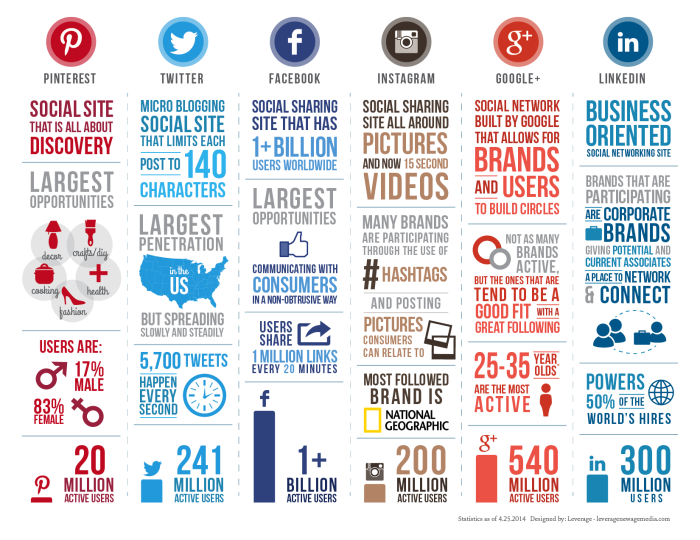How to Use Social Media for Advocacy
Social media can have tremendous rewards for your advocacy aims, where you are an individual, a group or an organization. The most common platforms for advocacy include Facebook, Twitter, Pinterest, Tumbler, Instagram and blogging sites.
Create A Social Media Strategy
- Set up your objectives. What are your goals and outcomes for your campaign or efforts? Are they narrow (publicizing an event) or broad (building a campaign, network or campaign)?
- Identify the audience you want to reach. Are you communicating with your members or network or are you trying to build a new (or grow your) network?
- Select the social media platform you want to focus on. It can be incredibly overwhelming to be completely connected with all the sites, especially if you are new. So start with a few and get to know them really well. If you want to start with two, I recommend Facebook and Twitter.
- Gather Resources and materials to share.
- Delegate. If you are part of a group or an organization, designate someone to manage the social media presence. Encourage them to do some research on current trends to feel comfortable.
- Go! Tweet! Post! Spread! Lead! Organize!
Good Principles for Using Social Media
- Be genuine. Let your personality show, use humor, and be transparent about who is posting content. Try not to simply broadcast; rather, when possible, speak as an individual, to individuals. This will help grant you credibility as a trusted source.
- Stay focused. The people and organizations that follow you on social media have certain expectations about the type of content you post and the way in which you engage with them. If you stray too far from your objectives, you will lose the trust and attention of your community.
- Be reliable. Share quality content from trusted sources, and avoid amplifying erroneous messages from unreliable sources. Reliability also means posting to your social media services regularly. Frequently sharing reliable, meaningful content helps establish you as an important source of information and ideas for your community.
- Get social. Above all else, social media is about conversation. Share and comment on other people’s or organizations’ posts to start new conversations, and join in the conversations that are occurring on your social media pages. The more you engage with your followers, the more they will understand that your priorities are their priorities too.
Check Out These Tips For Facebook & Twitter
